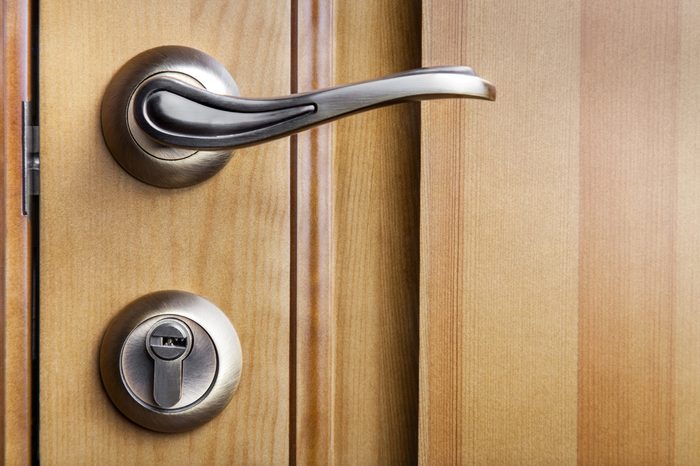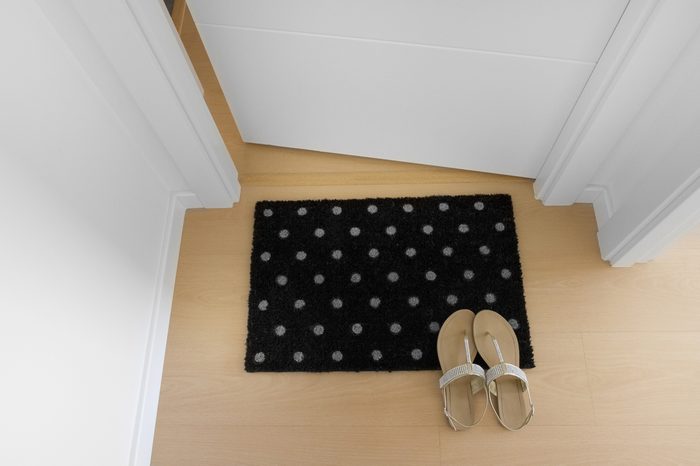Following this etiquette advice when visiting someone's house will keep your host—and you—happy
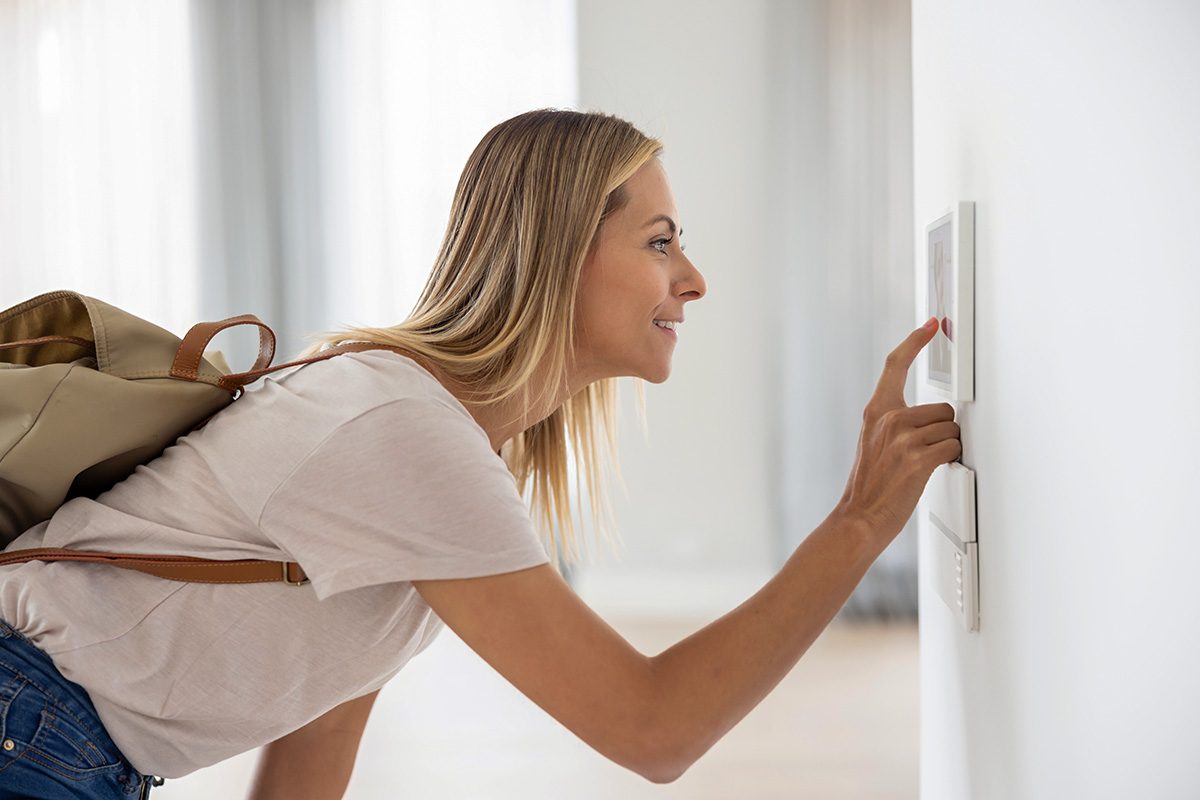
9 Things You Should Never Touch in Someone Else’s House

The door
You can touch the door to knock or ring the bell, but that’s it. Never let yourself in unless the host has said it’s OK. And don’t arrive early; showing up before your host is ready can create unnecessary stress. If you’re staying for a while, be sure to brush up on houseguest etiquette to ensure a warm welcome next time.
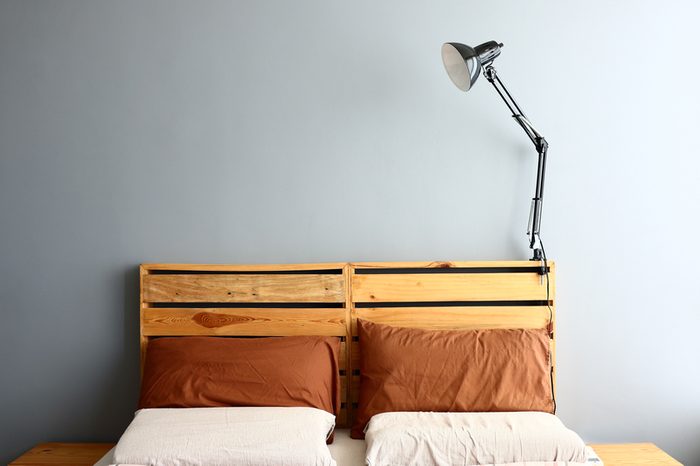
Their bedroom
Skip the bedroom unless your host says it’s OK. It might seem harmless to take a quick peek as you’re walking by, but it’s still a private space. Even in smaller apartments or shared setups, it’s best to wait for the green light. And don’t toss your coat on the bed unless they say it’s fine.
The floor, with your shoes on
A lot of people prefer a no-shoes-inside rule—sometimes for cultural reasons, sometimes just to keep the floors clean. When in doubt, follow your host’s lead. If they’re barefoot or in socks, it’s a good idea to ask if you should take off your shoes too. And while we’re at it, feet don’t belong on the couch or coffee table either.

The fridge and cupboards
Don’t go digging through someone’s fridge or pantry unless they’ve specifically told you it’s cool. If you’re hungry, just ask—they’ll probably offer you something anyway. And if you’re staying over, it’s nice to bring a few things or pitch in with meals and cleanup. It will feel way better than just helping yourself!
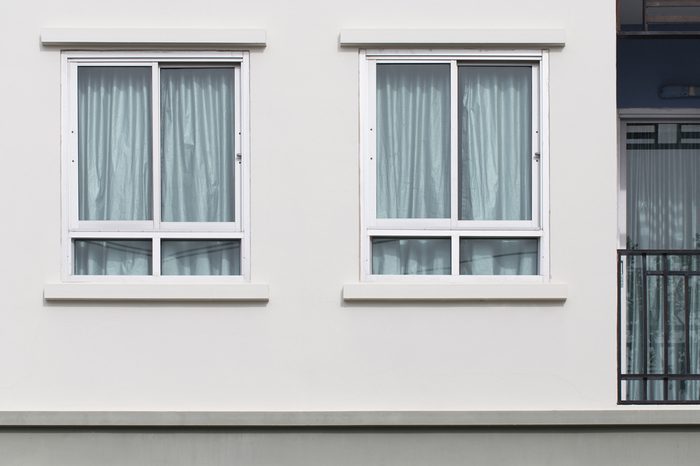
The windows or thermostat
If the room feels too warm or cold, don’t adjust the settings yourself. Politely ask your host if they can make it more comfortable, or ask to borrow a blanket or fan if needed. It’s their home and their utility bill, after all. Social etiquette goes a long way toward making visits smoother for everyone.
Drawers and cabinets
This one is definitely invasive of your host’s privacy. Don’t go rummaging for anything that’s not in plain sight or not in the rooms your host is expecting you to be in. You might find it tempting to snoop, but the medicine cabinet is certainly off-limits.
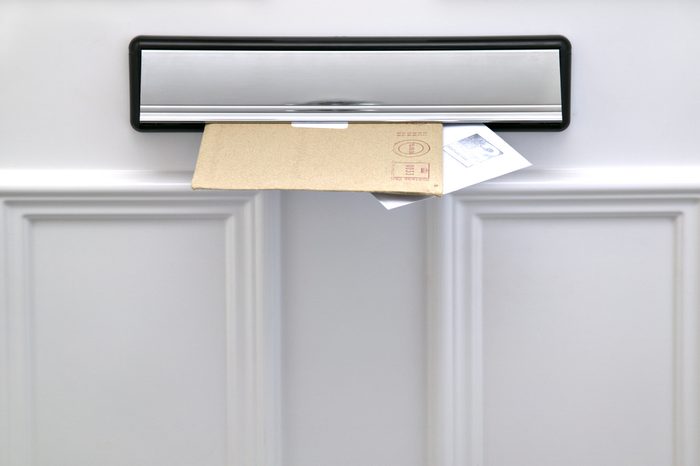
Workspaces, mail or bills
Even if you see papers out in the open, it doesn’t mean they’re fair game to look at. Avoiding touching or reading anything that isn’t yours, especially mail, is basic manners. And if a guest room doubles as an office, respect the setup and avoid moving things around.

Cigarettes or e-cigarettes
Unless your host is doing the same and gives you permission, don’t smoke a cigarette or e-cigarette in someone’s home. This rule is especially inflexible if there are children in the house. Not only can you expose them to the chemicals in cigarettes, but the smell will linger long after you’re gone.

The Wi-Fi
Unless you’re staying the night or you’re over all the time, maybe skip asking for the Wi-Fi password. It sends the message that you’d rather be on your phone than hang out and visit. Just being in the moment goes a long way and shows your host you actually want to be there.
Why trust us
At Reader’s Digest, we’re committed to producing high-quality content by writers with expertise and experience in their field in consultation with relevant, qualified experts. We rely on reputable primary sources, including government and professional organizations and academic institutions as well as our writers’ personal experiences where appropriate. We verify all facts and data, back them with credible sourcing and revisit them over time to ensure they remain accurate and up to date. Read more about our team, our contributors and our editorial policies.



















